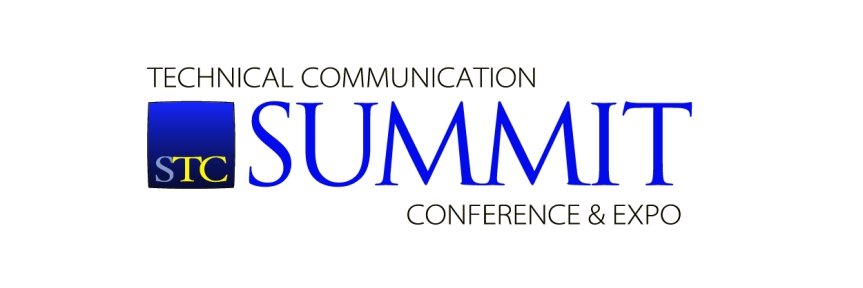I'm looking at my calendar, and am realizing that in just a couple of weeks, I'll be hopping aboard a flight to Minneapolis for STC Summit. And if that wasn't enough, the weekend after that trip, I'll be heading north of the border up to Montréal for DevOpsDays. So, I figured this'd be a good … Continue reading May speaking engagements #STCSummit #DevOpsDays
Category: Job search
Finding the perfect date… um, I mean, job
I'm not sure whether or not this analogy is politically correct, but I also can't think of an analogy that's more perfectly apropos: finding a job is like dating. It's a matter of finding the right match. I started thinking about this after seeing a Facebook memory not long ago, saying that I had been … Continue reading Finding the perfect date… um, I mean, job
Upcoming speaking engagements (as of 3/11/2024) #UserGroup #STCSummit #DevOpsDays
My 2024 presentation schedule is starting to shape up, so I figured this'd be a good time to post my upcoming speaking schedule update! So far, I have three confirmed events where I will be speaking, Although not all specific speaking dates are set yet, these are the events where I'm confirmed to be speaking. … Continue reading Upcoming speaking engagements (as of 3/11/2024) #UserGroup #STCSummit #DevOpsDays
Je parle au Canada! DevOpsDays Montréal May 27-28
My first speaking engagement for 2024 is scheduled! I received news today that I have been accepted to speak at DevOpsDays Montréal on May 27-28! I will be doing my job hunt presentation! I'm excited about this event for a number of reasons. This is my first scheduled presentation for 2024. I always enjoy visiting … Continue reading Je parle au Canada! DevOpsDays Montréal May 27-28
An open letter to young people entering the job market
This is aimed mainly toward young people who fall into any of the following categories: has graduated from college within the past five years and is actively job searching, has graduated from high school (maybe also within the last five years) and is looking to enter a trade, is still in school (high school, college, … Continue reading An open letter to young people entering the job market
TONIGHT: Speaking for the Minnesota #PASS Group, Tuesday November 21 #PASSMN #UserGroup #SQLFamily
Reminder: I will be doing my job hunt presentation virtually for the PASSMN user group tonight! If you want to check it out, see my earlier post (below) for more information, including details on how to join! Hope to see you there! https://pianorayk.wordpress.com/2023/11/13/speaking-for-the-minnesota-pass-group-tuesday-november-21-passmn-usergroup-sqlfamily/?page_id=8301
Speaking for the Minnesota #PASS Group, Tuesday November 21 #PASSMN #UserGroup #SQLFamily
I just confirmed that I have a speaking engagement next week! I will be presenting virtually for the PASS Minnesota SQL user group! My presentation will take place via Zoom next Tuesday, November 21, at 5:30 pm EST (note: the 4:30 time listed in the Meetup is CST). I will be doing my job hunt … Continue reading Speaking for the Minnesota #PASS Group, Tuesday November 21 #PASSMN #UserGroup #SQLFamily
Yeah, it’s been a while, I know…
No, I'm not dead yet, I swear. But it has been a while since I've posted anything substantive, other than user group meeting announcements (with another one coming later today -- stay tuned) and upcoming speaking engagements. I believe I have one in two weeks (I just sent out an email to confirm), and I … Continue reading Yeah, it’s been a while, I know…
The right fit can be everything #JobHunt
A few weeks ago, this article crossed my inbox, and I thought it was an interesting read. I won't go into specifics at this time, but this article hit close to home for me. The job hunt is a lot like dating. You want to make sure that it's a good match, there is mutual … Continue reading The right fit can be everything #JobHunt
My first #STCSummit: the debrief #STC23 #TechComm
This article is going out a little later than I'd hoped, but better late than never, and I wanted to get this out while stuff was still fresh in my mind. After taking some time to recover, I've returned home from my first STC Summit! I've wanted to attend this event for some time, and … Continue reading My first #STCSummit: the debrief #STC23 #TechComm




